MIB: Press kit November 8, 2024
Home - press room - MIB : Press kit November 8, 2024
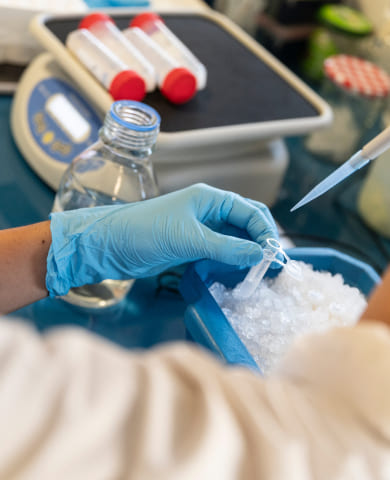
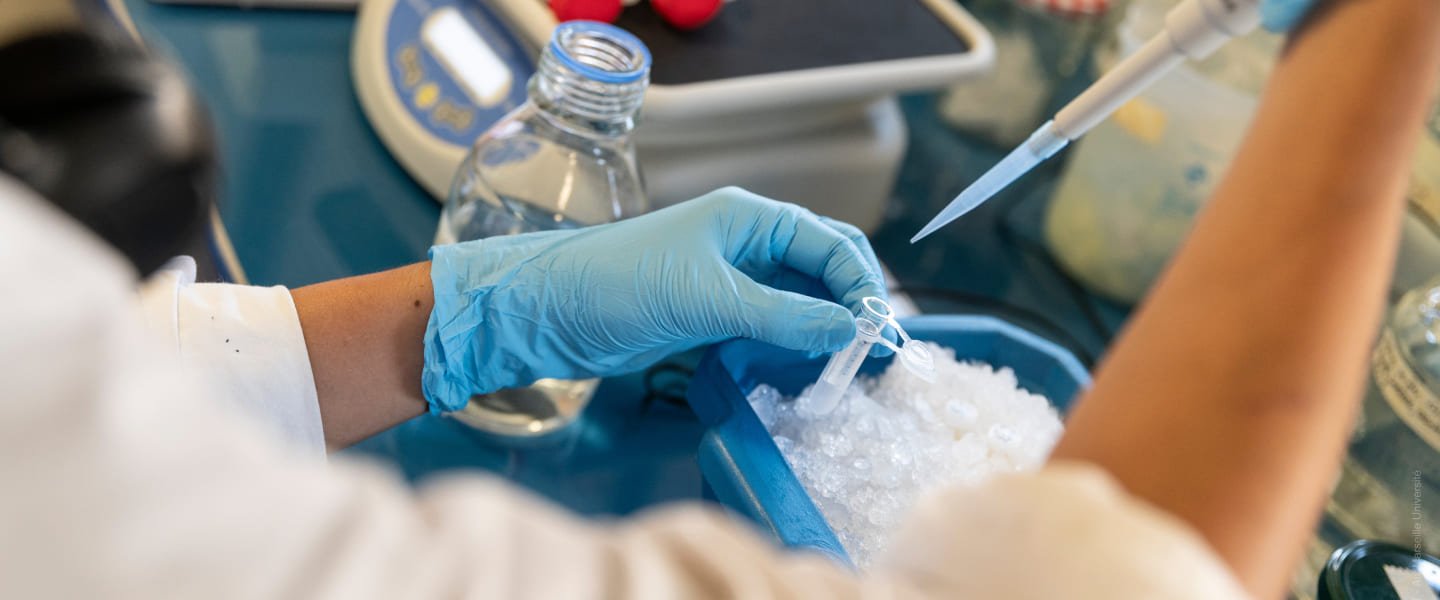
Marseille Immunology Biocluster: working for tomorrow's immunology for the benefit of patients.
 EDITOR’S NOTE from Eric Berton,
EDITOR’S NOTE from Eric Berton,
President of Aix Marseille University,
Chairman of the A*Midex Foundation
With the birth of the Marseille Immunology Biocluster (MIB), a revolution in immunotherapy is now underway in France.
MIB is not just a place where advances in immunopharmacology are imagined, it’s also a place where they will be realized, thanks to an ambitious model that brings together science, academic excellence, clinical research, industry and public authorities. This is the strength of the MIB project: to act as a catalyst for innovation in conjunction with industry, but also as a facilitator and network coordinator to accelerate the emergence of new antibody-based therapies for the benefit of patients and the general public.
therapies for the benefit of patients, improve diagnosis with targeted antibodies and push back the boundaries of innovation in healthcare.
Researchers, hospital practitioners, industrialists, investors, students and public authorities will benefit from optimal conditions to accelerate translational and clinical research in immunology, focusing on four therapeutic areas: oncology, infectious diseases, autoimmune diseases and inflammatory diseases.
Our pragmatic approach, aimed at developing new diagnostic tools and innovative therapies, will consolidate Marseille’s position as a world reference center for immunotherapy research, and contribute directly to France’s international scientific reputation.
All MIB’s founding members and partners are very proud to see this unifying project for our research ecosystem come to fruition, with future projects to be hosted on our various sites as early as 2025.
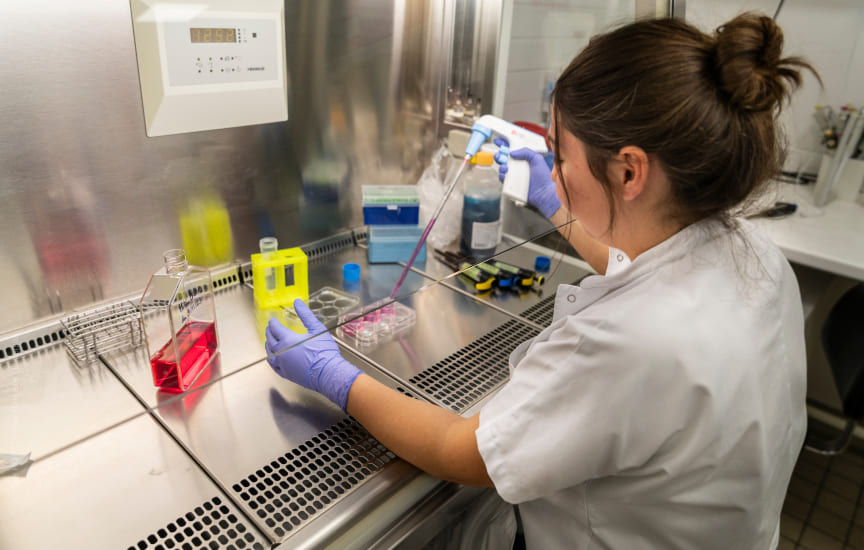
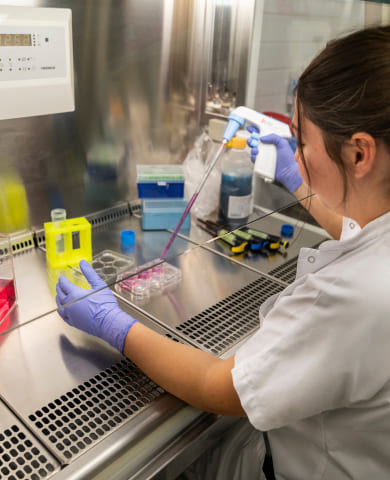
 Interview with Daniel Olive.
Interview with Daniel Olive.
Scientific and Technical Manager of the Marseille Immunology Biocluster,
head of the CRCM “Immunity and Cancer” team,
professor of Immunology and head of the Oncology Research teaching program at Aix Marseille University.
Why is immunotechnology considered “revolutionary” today?
Immunology, the science that studies the immune system, is a constantly evolving field. It’s a recent science, but the concepts
concepts are very old (we’ve known for a long time, for plague or smallpox for example, that people who had been infected would not be infected again).
Since 2010, immunotherapy – therapy based on the immune system – has been booming. The main innovation lies in the therapeutic possibilities (drugs) and, of course, the progressive understanding of the mechanisms involved.
Therapeutic tools, known as monoclonal antibodies, are very recent.
Antibodies are naturally capable of recognizing pathogen determinants. They are also capable of acting within us, which is why we can turn them into medicines.
Using molecular genetic engineering techniques, we are now able to turn them into diagnostic and therapeutic tools.
therapeutic tools. It is these tools that are considered revolutionary, but above all they offer considerable hope to millions of sufferers around the world.
How do these antibodies work?
Monoclonal antibodies are antibodies that recognize a single antigen, a single target. The characteristics of these antibodies are
not only unique, but also infinitely producible. They are true medicines, but also detection tools.
This technological advance has paved the way for many therapeutic elements. The other thing that’s new in oncology is that these monoclonal antibody drugs
that these monoclonal antibody drugs could be directed against specific targets. Today, we know how to use these potentialities, but not completely.
We realized that for certain lung cancers refractory to chemotherapy, surgery or radiotherapy, immunotherapy could be effective. This gave us hope and a (totally unexpected) direction: starting with one cancer, many
cancers can be controlled by this immunomodulation.
Another potentially counter-intuitive feature of immunotherapy is that the immune system is located everywhere in the body.
It is in contact with all tissues and cells. This means that, potentially, it can act against virtually any type of pathology
pathologies affecting a tissue. Thus, many tissue-derived pathologies can be controlled, which distinguishes immunotherapy
from other treatments. The spectrum can range from leukemia to certain solid tumors, which is a little surprising for the medical community.
medical community. I’m part of a generation of doctors who started out with very heavy surgical treatments or prolonged chemotherapy. And these dogmas are gradually changing. The question now is: how can we be as invasive as possible, while respecting tissues and individuals.
How will MIB help develop these therapeutic tools? And for which
which pathologies?
The antibody tool is a fairly versatile product.
It can be used to prevent a pathogenic virus from entering. We can have antibodies that will target a cancer cell or
immunomodulate autoimmune diseases. The idea was therefore to design a sort of hub, to create immunological drug
tools around these concepts, with projects that can come from all over France, from Pitié-Salpêtrière in Paris, or even from
Toulouse or Brest. MIB will thus focus on oncology but also on infectious diseases, inflammatory diseases and
autoimmune diseases. There is therefore a broad spectrum of pathologies on which we can imagine using these therapeutic agents and in several ways.
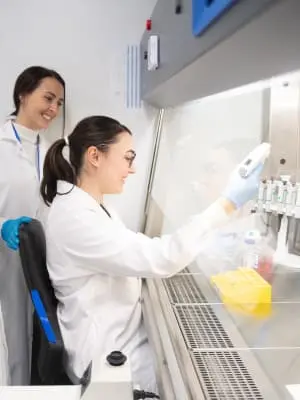
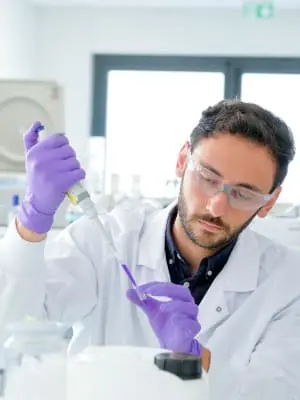
News
